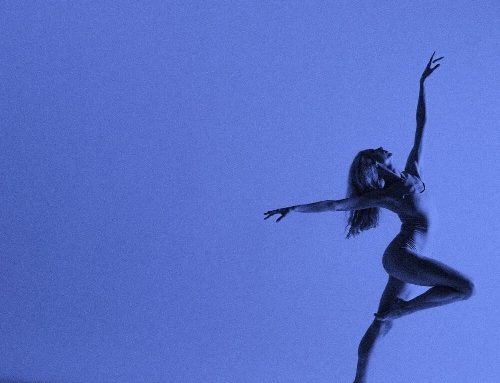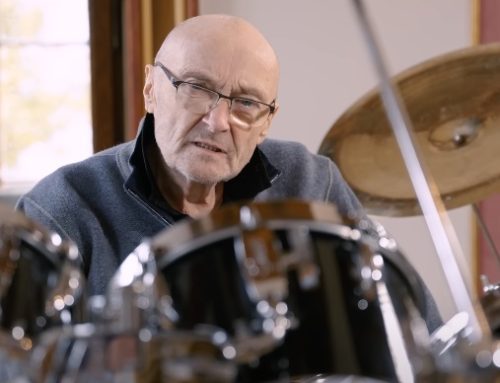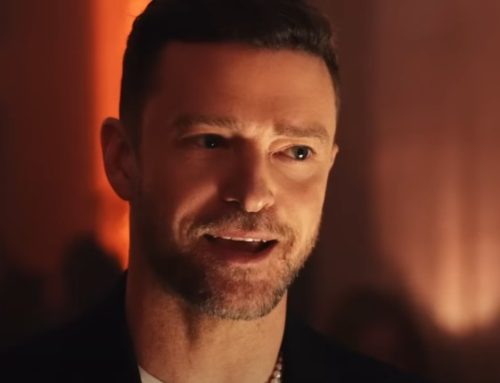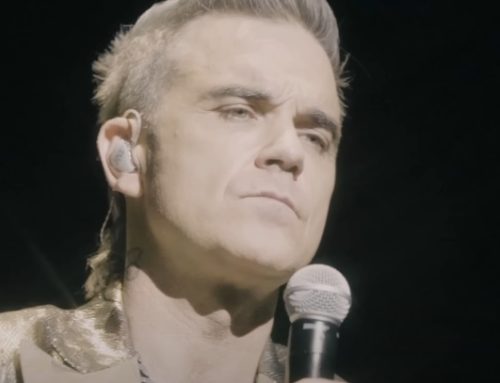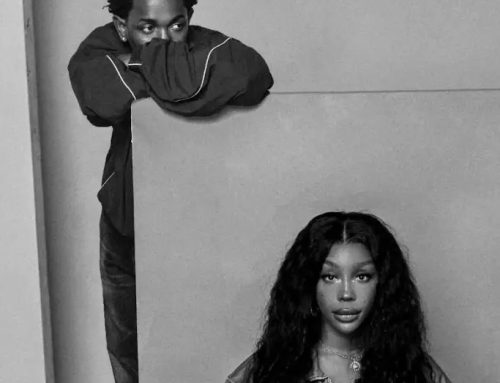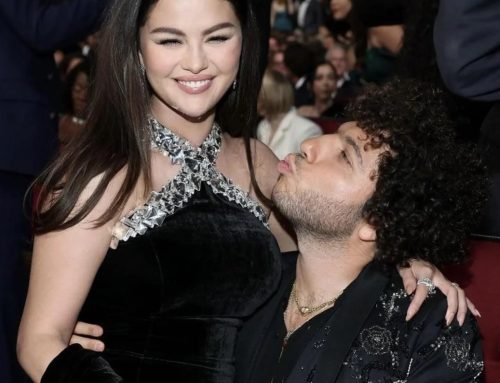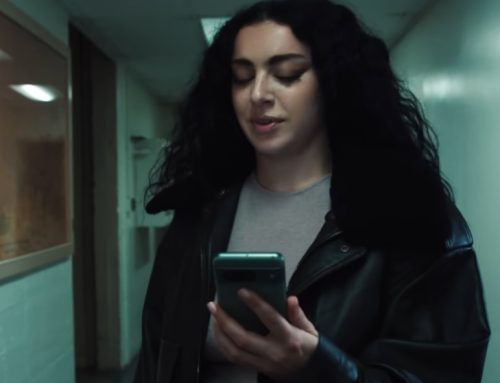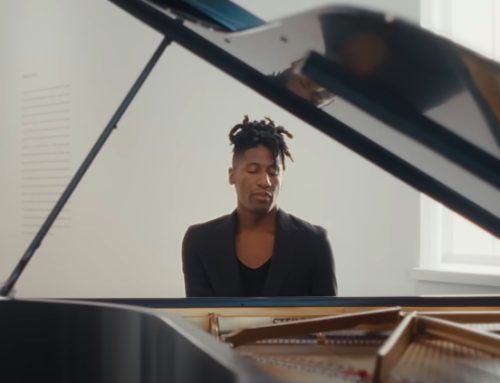The NFL has come a long way since it clamped down on players taking a knee or staying in the locker room in solidarity with Black Lives Matter and protests against police brutality last season. In fact, not only did the Kansas City Chiefs and Houston Texans players lock arms in a show of unity at the opening of the pandemic-delayed season on Thursday night (Sept. 10) — though audio of what appeared to be some fans booing the gesture racked up more than 50,000 tweets — but Alicia Keys appeared in a moving video before kick-off that paid tribute to the song referred to as the Black national anthem.
The clip was narrated by Captain America co-star Anthony Mackie, who described the grim reality of Black Americans living a separate, but unequal existence at the dawn of the 20th century. “Pained by inequality, but inspired by resilience, writer and civil rights activist James Weldon Johnson put pen to paper,” Mackie explained. “His words would become a unifying call for hope for a brighter tomorrow. A timeless exhortation to ‘Lift Every Voice and Sing.'”
The scene then cut to Keys, backed by a physically-distanced youth chorus in masks, performing the inspiring “Lift Every Voice and Sing” on piano midfield amid images of NFL players raising their fists, speaking to children, participating in protests and showing their solidarity with social justice movements across the nation. Meanwhile, the camera panned to figures behind Keys wearing masks and shirts honoring victims of racial and police violence, including Breonna Taylor and Emmett Till.
So what is “Lift Every Voice and Sing?” It’s a song that has become an anthem of liberation, strength and perseverance and faith since the NAACP crowned it the “Negro national anthem” in 1919. It’s based on a poem written by Black novelist and author Johnson in 1900, with music provided by his brother, John Rosamond Johnson, for a celebration of President Lincoln’s birthday. According to a history of the tune by the Poetry Foundation, it was first performed by a group of 500 young Black schoolchildren in Jacksonville, Florida, at that event.
“Shortly afterwards my brother and I moved away from Jacksonville to New York, and the song passed out of our minds,” Johnson explained. “But the school children of Jacksonville kept singing it; they went off to other schools and sang it; they became teachers and taught it to other children. Within twenty years it was being sung over the South and in some other parts of the country. Today the song, popularly known as the Negro National Hymn, is quite generally used. The lines of this song repay me in an elation, almost of exquisite anguish, whenever I hear them sung by Negro children.”
The lyrics paint an inspiring portrait of resilience and fortitude in the face of a difficult road. “Lift every voice and sing/ Till earth and heaven ring/ Ring with the harmonies of Liberty/ Let our rejoicing rise/ High as the listening skies,” it begins. “Let it resound loud as the rolling sea/ Sing a song full of the faith that the dark past has taught us/ Sing a song full of the hope that the present has brought us/ Facing the rising sun of our new day begun/ Let us march on till victory is won.”
The second verse describes a difficult path filled with tortuous challenges, the spilled blood of murdered ancestors and a road watered with tears before arriving in a place filled with light. “God of our weary years/ God of our silent tears/ Thou who hast brought us thus far on the way,” it continues, “Thou who hast by Thy might/ Led us into the light/ Keep us forever in the path, we pray.”
As noted by the Washington Post, the performance of the song came 20 minutes before the “Star-Spangled Banner,” written by slaveholder Francis Scott Key. The National Anthem, the paper wrote, includes lyrics “about the capture of escaped slaves who fought for the British” during the war of 1812, proving for a stark contrast to Johnson’s poetic take on America’s original sin.
Though Thursday night was likely many Americans first exposure, “Lift Every Voice” has been woven through the fabric of Black cultural life for more than a century, with notable appearances in Maya Angelou’s 1969 autobiography, I Know Why the Caged Bird Sings, as well as Spike Lee’s iconic Do the Right Thing, in which Branford Marsalis plays it on saxophone and Coachella in 2018, when Beyoncé performed it during her legendary festival set.
The NFL has announced that it will also be performed live before the National Anthem at every game during week one of the season.
Watch Keys’ moving performance below.


